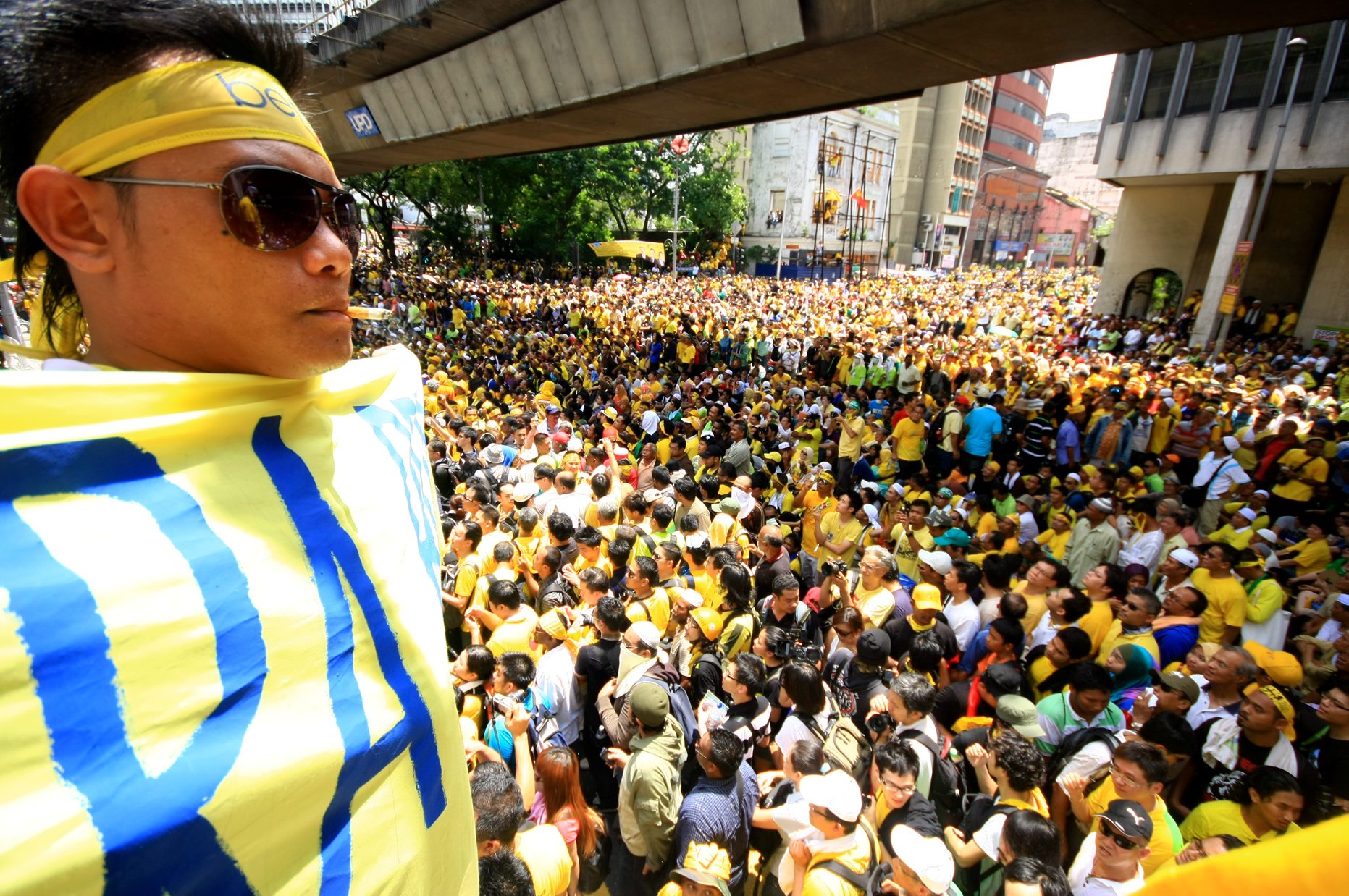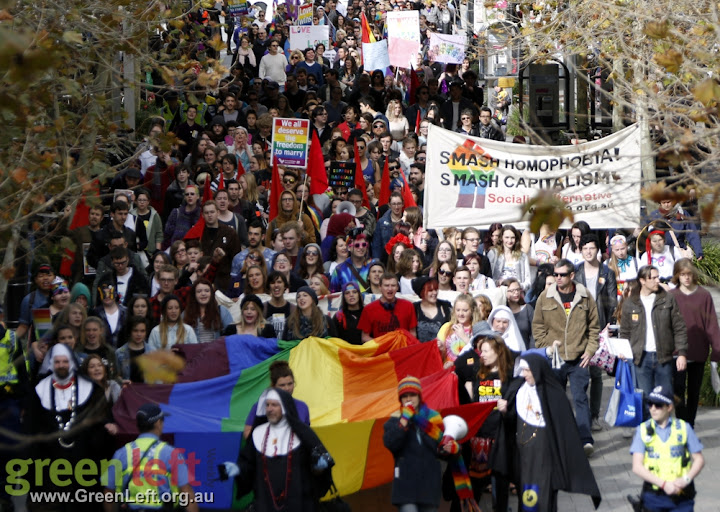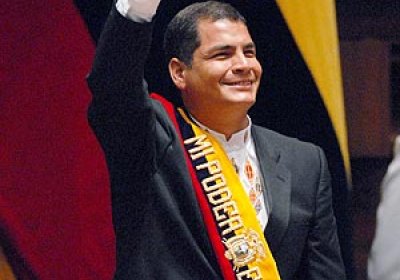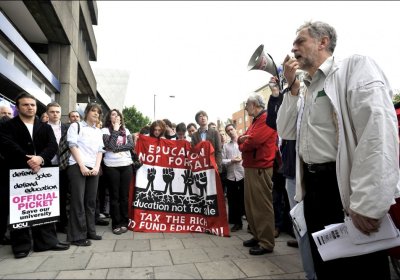 CONALCAM brings Bolivia’s main indigenous and popular organisations together with state representatives to coordinate and debate economic policies.
The small Andean nation of Bolivia has received praise from many quarters due to the economic transformation it has undergone over the past decade.
CONALCAM brings Bolivia’s main indigenous and popular organisations together with state representatives to coordinate and debate economic policies.
The small Andean nation of Bolivia has received praise from many quarters due to the economic transformation it has undergone over the past decade.
1064
 CONALCAM brings Bolivia’s main indigenous and popular organisations together with state representatives to coordinate and debate economic policies.
The small Andean nation of Bolivia has received praise from many quarters due to the economic transformation it has undergone over the past decade.
CONALCAM brings Bolivia’s main indigenous and popular organisations together with state representatives to coordinate and debate economic policies.
The small Andean nation of Bolivia has received praise from many quarters due to the economic transformation it has undergone over the past decade.
Ecuador: Correa says Latin American left faces 'new Cold War'
Ecuadorian President Rafael Correa said on August 5 that left-wing governments in Latin America are facing “a new Cold War” that seeks to “annihilate them” through strategies of political destabilisation.
The statements of the socialist leader come as opposition groups, including many from the far right, are planning a new series of protests against his government.
 Bersih 3.0 mass protest for democracy in Kuala Lumpar, April 2012.
Bersih 3.0 mass protest for democracy in Kuala Lumpar, April 2012.
The 70th anniversary of the United States' atomic bombing of Hiroshima and Nagasaki is a reminder that when the United States' enemies commit crimes, they are crimes. But when the United States commits crimes, they did not happen.
In 1928, Arthur Ponsonby, a British politician, said: “When war is declared, the first casualty is the truth”. But he never specified what the distorted “truth” might be. If one were to examine all wars the US has engaged in, however, one might conclude the casualty to be civilian death counts.
 South Kordofan residents at a makeshift UN camp near Kadugli.
Amnesty International released a report on August 3 detailing horrific war crimes committed against the people of South Kordofan by the Sudanese Armed Forces (SAF) and its militias.
South Kordofan residents at a makeshift UN camp near Kadugli.
Amnesty International released a report on August 3 detailing horrific war crimes committed against the people of South Kordofan by the Sudanese Armed Forces (SAF) and its militias.
For the first time in its history, the US colony of Puerto Rico has gone into default, Moody's Investors Service said on August 3.
The news comes after years of economic turmoil in the island, produced mainly by the 2007-2010 recession and housing crisis that have affected the US.
The default came soon after the island's Government Development Bank announced that it was only able to make a partial payment on its US$72 billion debt.
This debt crisis directly hurts the Caribbean island's residents, since the debt is mostly owned by residents through credit unions.
The extent of anger at austerity in Britain — and desire for an alternative to the pro-corporate politics of Britain's major parties — is being exposed by the scale of enthusiasm and support for the campaign of veteran socialist Jeremy Corbyn for leadership of the Labour Party.
 'Put the bill, pass the bill' was the message as 700 people marched through the streets of Perth in support of marriage equality on August 9.
The rally began with a new song by Luke John O'Dell and featured speakers including Joey Cookman from Playgroups with Pride, trans activist Jayne McFadyen and Greens parliamentarian Lynn MacLaren.
'Put the bill, pass the bill' was the message as 700 people marched through the streets of Perth in support of marriage equality on August 9.
The rally began with a new song by Luke John O'Dell and featured speakers including Joey Cookman from Playgroups with Pride, trans activist Jayne McFadyen and Greens parliamentarian Lynn MacLaren.
Activists are hoping that a bill to tighten the rules governing unconventional gas exploration and production in New South Wales will pass the Legislative Council on August 13.
Such is the groundswell of opposition to this part of the fossil fuel industry, a Greens Bill has support from NSW Labor and a couple of small right-wing parties.
Greens MP Jeremy Buckingham told Green Left Weekly that he expects the Bill to pass, with amendments proposed by Labor.
The midnight text message that sacked 100 workers — this is the face of Australian industrial relations today.
Workers at Hutchison Ports in Sydney and Brisbane received their marching orders by text and email overnight on August 7, informing them that their positions had been made redundant, there were no redeployment opportunities and their personal belongings would be couriered to them.
Public disgust at Bronwyn Bishop's $5000 helicopter ride from Melbourne to Geelong is entirely justified. However, Tony Abbott's “root and branch” review of politicians' “entitlements” is designed to whitewash, not solve, the problem. After all, it is not as if we haven't had “root and branch” inquiries into politicians' entitlements before.
The Papua New Guinea Supreme Court has declared an inquiry into the Manus Island detention centre null and void because of perceived bias.
The court unanimously decided that Justice David Cannings, who started the inquiry, could not, according to PNG law, also preside over the proceedings. He also failed to disclose that an expert witness was his friend.
- Page 1
- Next page






